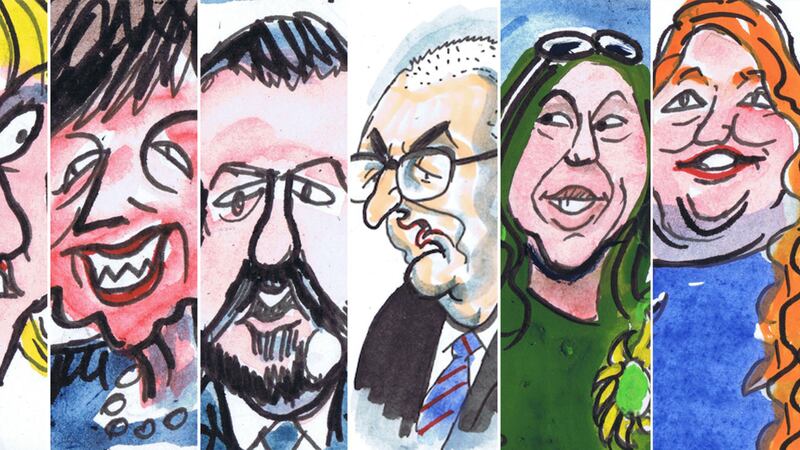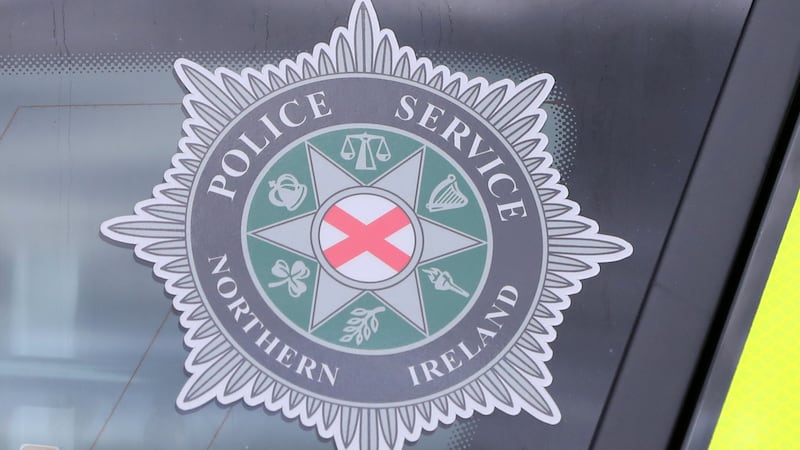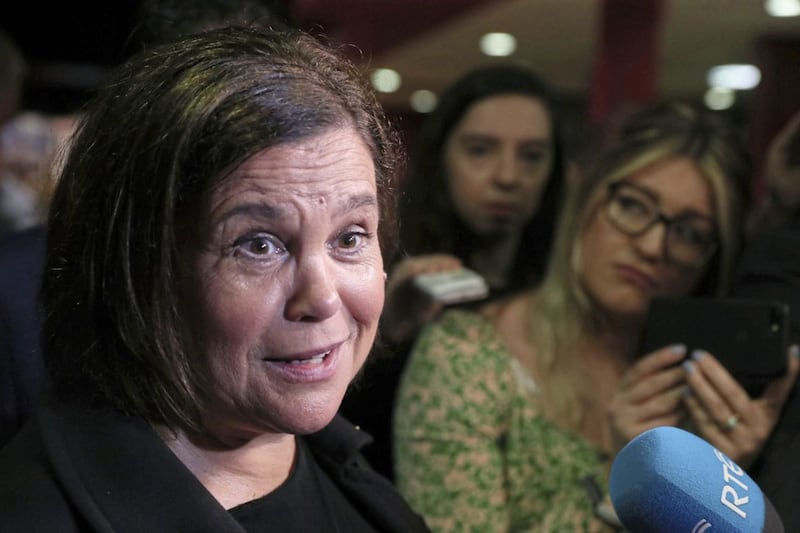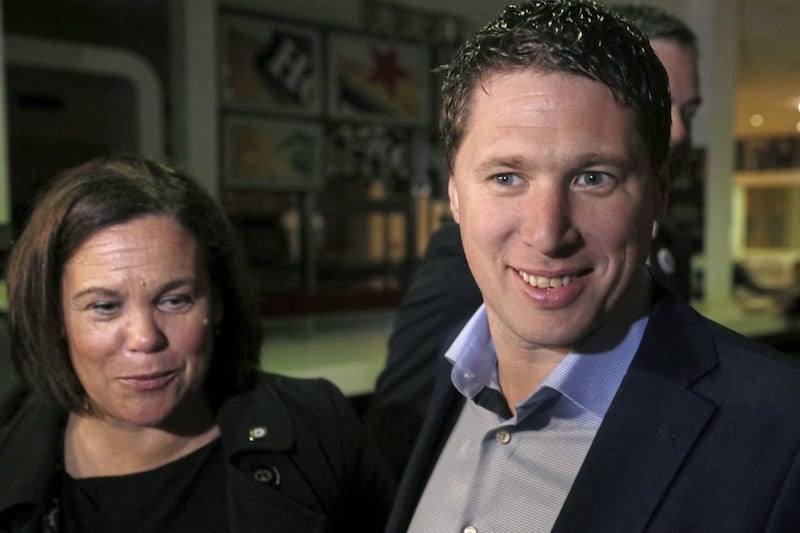Martina Anderson - Sinn Féin
First Preference Votes 126,951 (22.2 per cent)
As widely forecast, Martina Anderson topped the poll but her performance wasn’t as strong as in 2014 when she secured nearly 33,000 more first preference votes. Sinn Féin accounted for this shortfall in part by claiming its strategy of urging people to back all Remain candidates had seen its votes ‘lent’ to other parties. On a reduced turnout the party won’t be overly concerned, while there’ll also be a great sense of relief that the party’s collapse in the south wasn’t mirrored north of the border.
Diane Dodds – DUP
First Preference Votes 124,991 (21.8 per cent)
The DUP will be happy with Diane Dodds’ performance, having increased her share of the vote by almost one percentage point and coming within 2,000 votes of Martina Anderson. The DUP candidate was also the first elected. With some justification, Arlene Foster will regard the result as a vindication of her stance on Brexit and in particular opposition to the backstop. This result confirms that collectively unionism isn’t the dominant force it once was yet the DUP remains robust.
Read More
- 'History made' as north returns two anti-Brexit MEPs
- Sinn Féin fighting to retain seats in Republic's three EU constitituencies
- Former SDLP leader Mark Durkan 'does not regret' Fine Gael run for Dublin seat despite defeat
Naomi Long – Alliance
First Preference Votes 105,928 (18.5 per cent)
While she didn’t top the poll, Naomi Long is regarded as the real winner of the 2019 European election. The surge Alliance enjoyed earlier in the month of the local government elections continued as Mrs Long more than doubled the number of first preference votes secured by her counterpart Anna Lo five years ago and increased the party’s share of the vote by more than 11 percentage points. Alliance is thought to have picked up votes primarily from soft unionist Remainers migrating from the ailing UUP as well as nationalists voting tactically. On the basis of the last two elections, an emboldened Alliance will now justifiably fancy itself as the third force of Northern Irish politics.
Colum Eastwood – SDLP
First Preference Votes 78,589 (13.7 per cent)
The European election result confirms that Colum Eastwood has succeeded in arresting his party’s decline though not quite reversing its fortunes. The party leader fought a good campaign and his message was clear but it appears the middle ground electorate – both unionists and nationalists – quite rightly identified Naomi Long as most likely to take the third seat from the vulnerable Ulster Unionists. Mr Eastwood’s leadership is secure but the difficulty he faces in growing the party electorally can’t be underestimated.
Read More
- Jim Allister refuses to shake Martina Anderson's hand
- Naomi Long's East Belfast successor may not even see inside Stormont
- Mary Lou McDonald reflects on 'challenging weekend' for Sinn Féin
Danny Kennedy – Ulster Unionist Party
First Preference Votes 53,052 (9.3 per cent)
Not for the first time, the Ulster Unionist Party is left nursing its wounds in the aftermath of a poor performance at the polls. Where the SDLP has managed to halt the rot, Robin Swann’s party appears intent on self-destruction. Danny Kennedy typified the UUP’s recent problems ¬ a muddled Brexit message and the failure to present the party’s policies as distinct from the DUP. Jim Nicholson’s presence in Europe gave the UUP gravitas but having lost his seat and its two MPs in recent years, it’s difficult to see the party ever bouncing back. Being comfortably surpassed on first preference votes by Jim Allister’s TUV clearly highlights how the party that was once the leviathan of Northern Ireland politics is quickly becoming an endangered species.
Read More
- No real change in north's Brexit voting pattern
- Pro-Brexit Twitter linked to DUP deletes European election video using Troubles footage
How the others fared….
While more than 13,000 votes down on his 2014 tally, TUV leader Jim Allister will be happy with a performance that far eclipsed his party’s disappointing showing at the local government elections.
Green leader Claire Bailey, on the other hand, will feel a little aggrieved that the surge experienced by her colleagues in the south stopped at the border.
Of the other minor candidates, Ukip’s Robert Hill polled a respectable 5,115 while the two independents and Conservative candidate failed to muster that number of votes between them.







